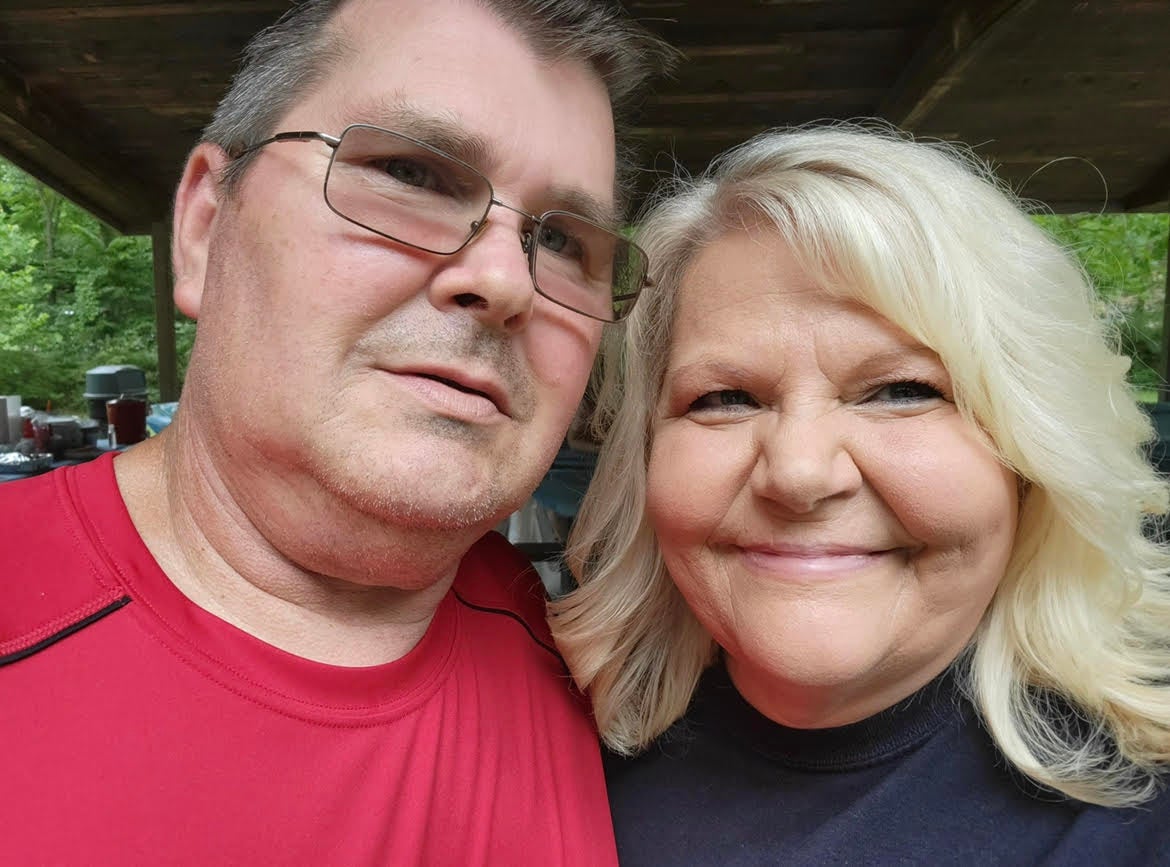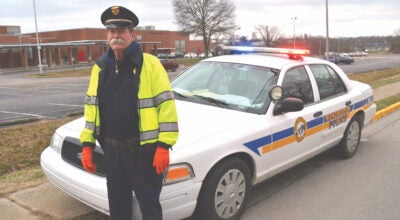Trial medical cancer treatment gives Winchester man new hope
Published 2:01 pm Friday, June 10, 2022
|
Getting your Trinity Audio player ready...
|
BY MATT CIZEK
matt.cizek@winchestersun.com
Battling stage four lung cancer, 57-year-old retired U.S. Army veteran and Winchester resident Sam Riley saw few options left for treatment.
To make matters worse, after starting immunotherapy and chemotherapy, there was the unfortunate discovery that he had 11 different brain tumors.
“I thought it was going to kill me. I couldn’t do anything,” Riley said. “When you’re first diagnosed with it you start thinking about life insurance and everything.”
However, when conventional thought might have suggested a dire outcome, determination and a team of medical scientists came together with a solution.
Following tests and the detection of a genetic mutation, Dr. Jessica Croley decided on a treatment plan in November 2020.
The plan consists of Riley taking a medication called Crizotinib once monthly, having his brain and abdomen scanned bi-weekly, and checking in at CHI-Saint Joseph Health Care Centers once a month to speak with his cancer care team.
Though national results based on data are still pending, the outcome in Riley’s case has been fruitful and noticeable.
“The tumor in his brain is stable and it’s been stable for some time, which is very promising news,” said clinical research coordinator Natalie Hawes. “He has no evidence of disease in his chest or abdomen. The fact that we don’t see anything is very exciting.”
Through CHI-Saint Joseph Medical Group, which has a location off of Bypass Rd. in Winchester, clinical trials are regularly sought out for patient needs.
This involves looking at a wide range of options available that can help treat cancer-related issues, up to and including blood cancers.
When new patients or clients that haven’t always found success or happiness with treatment they have previously received come to the establishment, the team works toward finding opportunities that will remedy or eliminate particular issues.
If qualified, the option of treatment is offered with the trial period being highly monitored.
“My team and I follow them very closely throughout the trial and keep tabs on them to make sure that they’re safe,” Hawes said. “Hopefully, they have just as good of success as Mr. Riley does.”
Since many of the medications involved in clinical trials may not be found over-the-counter or easily available awareness about them might not otherwise be well-known.
The success of the procedures makes it rewarding for those involved.
“I think that’s really an important part of healthcare, to be able to offer that opportunity for our patients,” Hawes said.
While Mr. Riley admits that he desires one day being at a point where treatment no longer is required, the care he’s received has given him a new outlook.
“I have hope, and I think I might be around a long time,” Riley said. “It’s given me a good quality of life.”
And, there’s wisdom to be shared through both the journey and struggle.
“My advice would be to never give up,” Riley said. “Trust in God. Do whatever you have to do to survive. Anything is possible.”






